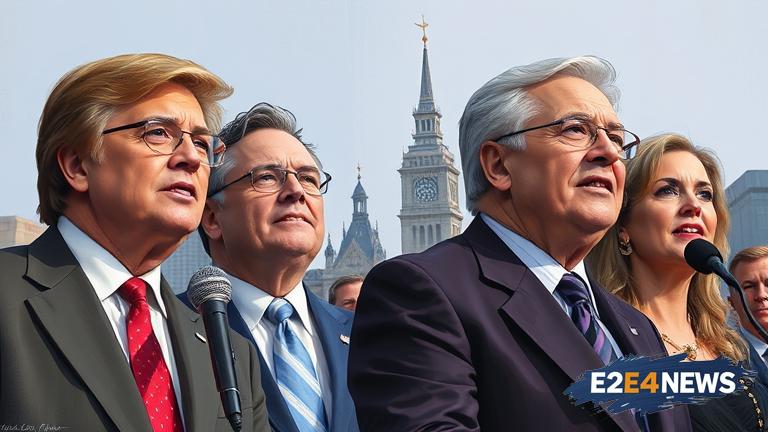The recent mayoral elections have brought to the forefront the struggle between progressive candidates and the Democratic elite. Mamdani and Fateh, two candidates running on platforms of social and economic justice, are facing an uphill battle against the entrenched interests of the Democratic establishment. Despite their grassroots support and popularity among voters, they are being met with resistance and skepticism by party leaders. The Democratic elite, long accustomed to holding power and influence, are hesitant to cede control to newcomers who threaten to upend the status quo. Mamdani and Fateh’s campaigns, focused on issues such as affordable housing, healthcare, and education, resonate deeply with voters who feel disenfranchised and disillusioned with the current system. However, the Democratic establishment is using its considerable resources and influence to undermine their campaigns and maintain its grip on power. This is not a new phenomenon, as progressive candidates have long faced opposition from within their own party. The Democratic elite’s collusion to sink progressive candidates is a well-documented tactic, used to maintain the party’s centrist ideology and protect the interests of its wealthy donors. Despite this, Mamdani and Fateh remain committed to their vision of a more just and equitable society. Their campaigns have inspired a new generation of activists and organizers, who are determined to challenge the Democratic establishment and create a more democratic and inclusive party. The outcome of these elections will have far-reaching consequences, not just for the cities in question, but for the future of the Democratic Party and the country as a whole. As the Democratic elite continues to resist the rise of progressive candidates, it remains to be seen whether Mamdani and Fateh will be able to overcome the obstacles in their path and emerge victorious. The support of grassroots organizations and community groups will be crucial in determining the outcome of these elections. Additionally, the role of independent media outlets and social media platforms will be important in amplifying the messages of Mamdani and Fateh and countering the narratives of the Democratic establishment. The Democratic elite’s efforts to undermine progressive candidates are not limited to the mayoral elections, but are part of a broader strategy to maintain control and suppress dissent within the party. This has led to a growing sense of disillusionment among progressive voters, who feel that the party is no longer representative of their values and interests. The rise of independent and third-party candidates is a testament to the growing dissatisfaction with the two-party system and the desire for a more democratic and inclusive politics. Mamdani and Fateh’s campaigns are part of a larger movement to transform the Democratic Party and create a more just and equitable society. Their success will depend on their ability to build a broad coalition of supporters and overcome the obstacles placed in their path by the Democratic establishment. The mayoral elections are a crucial test of the Democratic Party’s commitment to democracy and its willingness to allow progressive candidates to succeed. The outcome will have significant implications for the future of the party and the country, and will determine whether the Democratic elite will continue to dominate the party or whether a new generation of progressive leaders will emerge to challenge their power. The elections are also a reflection of the deeper structural issues within the Democratic Party, including the influence of money in politics and the lack of representation for marginalized communities. The Democratic elite’s reliance on wealthy donors and corporate interests has led to a party that is increasingly out of touch with the needs and concerns of ordinary people. Mamdani and Fateh’s campaigns are a challenge to this status quo, and their success will depend on their ability to build a movement that can overcome the entrenched interests of the Democratic establishment.
